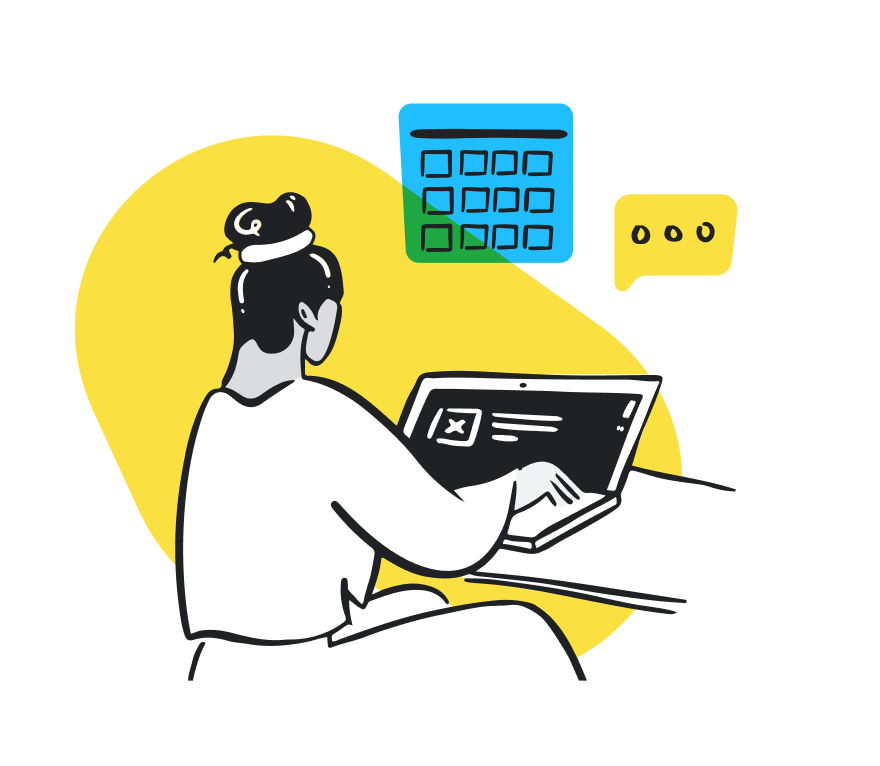
Brahim Mihfad
 Ai google, Gen AI Intensive, Course in Google
Ai google, Gen AI Intensive, Course in Google
 0 comment
0 comment
 14 Jun, 2025
14 Jun, 2025

We are pleased to announce our five-day Gen AI In-depth Course in conjunction together with Google! It was live between March 31 and 4 April 2025. It is it is now accessible in a self-paced guide to learning to those who are interested in knowing more about the basic technologies and methods that are behind Generative AI.
What's covered:
Best of Luck!
This site is brought to you by Anant Nawalgaria Antonio Gulli, Mark McDonald, Polong Lin, Paige Bailey as well as many more participants through Google.
Day 1 (Foundational Large Language Models & Prompt Engineering)
Welcome to Day 1.
In this session, you'll discover the evolution of LLMs that range from transformers to advanced techniques such as fine-tuning and acceleration of inference. Also, you'll learn the process of prompt engineering, which is essential for the best LLM interaction as well as the evaluation of LLMs.
The first one will take users through how to get started using the Gemini 2.0 API. We will cover various methods for prompts, including how various factors affect prompts. In the next codelab you'll also be taught how to assess the performance to LLMs with the help of autoraters as well as well-structured output.
Day 1 Assignments:
1. Complete the Intro Unit - "Foundational Large Language Models & Text Generation":
2. Complete Unit 1 - "Prompt Engineering":
Day 2 (Embeddings and Vector Stores/Databases)
Welcome to Day 2.
This morning, you'll learn about the fundamental underlying concepts behind embeddeddings and vector databases, and how they could be utilized to integrate the latest or specialist data in an LLM application. We will also look at their geometrical capabilities for categorizing and comparing textual information in addition to how to assess the embeddings.
Day 2 Assignments:
Complete Unit 2: "Embeddings and Vector Stores/Databases":
(Optional) View this YouTube livestream video. Paige Bailey will be joined by highly experienced speakers from Google as well as Google employees Andre Araujo, Patricia Florissi, Alan Li, Anant Nawalgaria Xiaoqi Ren, Chuck Sugnet as well as Howard Zhou to discuss embeddings and data stores/vectors.
Day 3 (Generative Agents)
Welcome to Day 3.
In this session, you'll be able to construct complex AI agents through understanding their basic components and method of development that iteratively. Additionally, you'll learn about advanced architectures for agents and techniques, including multi-agent systems agents evaluation, and much more.
The Codelabs explain the process of connecting LLMs to systems already in place and with the world of. Discover the concept of function calling through providing SQL tools to chatbots (including an example based on Gemini 2.0's Live API ) to learn you can build a LangGraph system which can take orders at a café.
Day 3 Assignments:
Complete Unit 3a - "Generative AI Agents":
Day 4 (Domain-Specific LLMs)
Welcome to Day 4.
In this article, you'll explore the development and use of special LLMs such as SecLM and MedLM/MedPaLM. You'll get knowledge from the scientists who developed them.
In the Codelabs, you'll discover how to incorporate actual data into a model by using Google Search and then visualize the model using plotting tools through the Live API.You will also be taught how to tweak a customized Gemini model based on labels you create for solving custom-made tasks.
Day 4 Assignments:
Complete Unit 4 - "Domain-Specific LLMs":
Day 5 (MLOps for Generative AI)
Welcome to Day 5.
Learn how you can adapt MLOps methods to Generative AI and make use of Vertex AI's software for building base models as well as Generative AI applications, such as AgentOps for applications that use agents.
Day 5 Assignments:
Complete Unit 5 - "MLOps for Generative AI":
[Optional] Watch the YouTube livestream recordings . Paige Bailey will be joined by experts from Google and Google X - Sokratis Kartakis Gabriela Hernandez Larios Ivan Nardini, Anant Nawalgaria, Elia Secchi, Michael Styer and Saurabh Tiwary, to talk about the MLOps practice in Generative AI.
Bonus Assignment
Look over this bonus project It's not over! The notebook provides you with some additional things that you can accomplish using Gemini API. Gemini API that weren't covered throughout the course. The material isn't a complement to the podcast or whitepaper however it covers a few additional options you could find useful for creating Gemini API powered apps.
Brahim Mihfad
0 comment